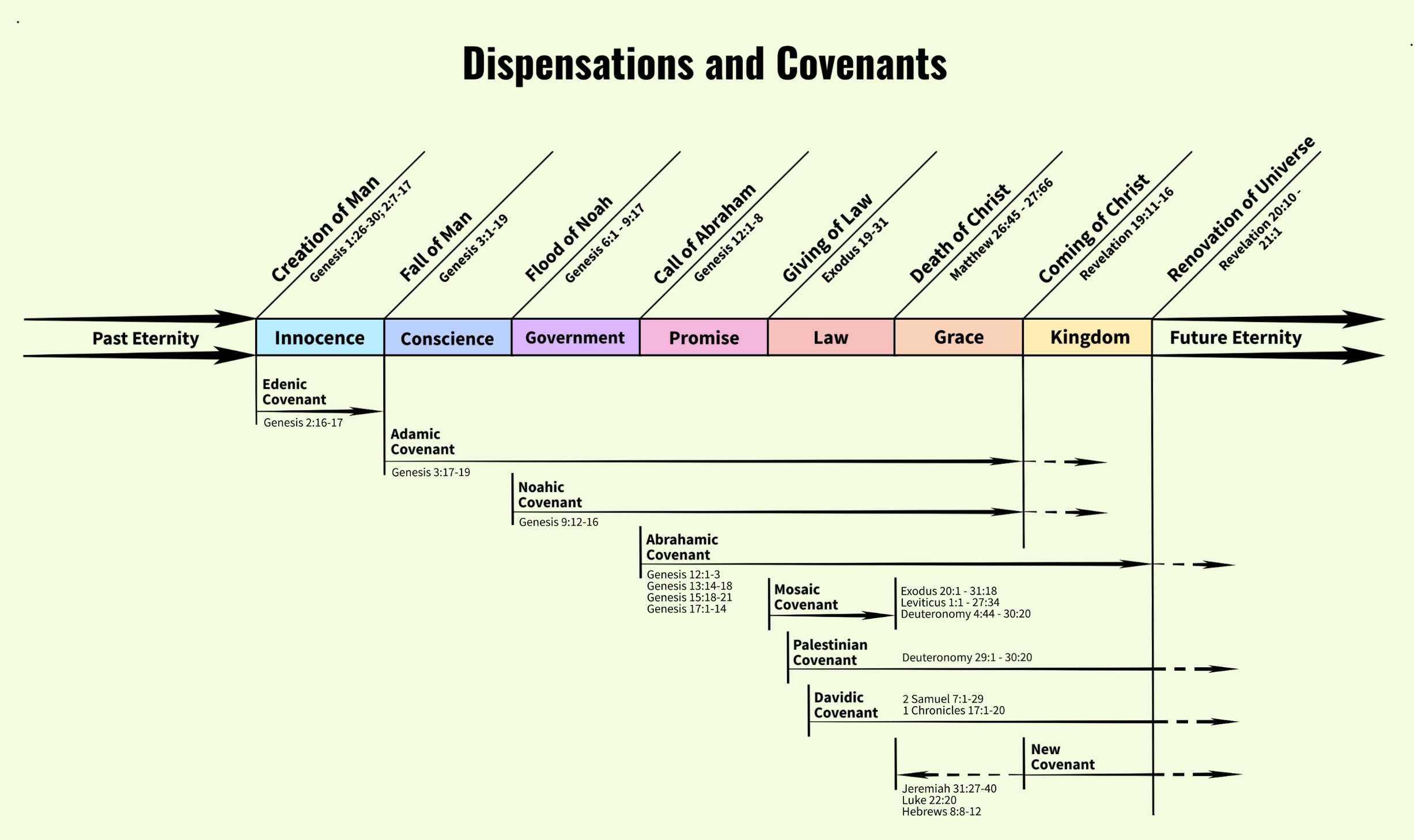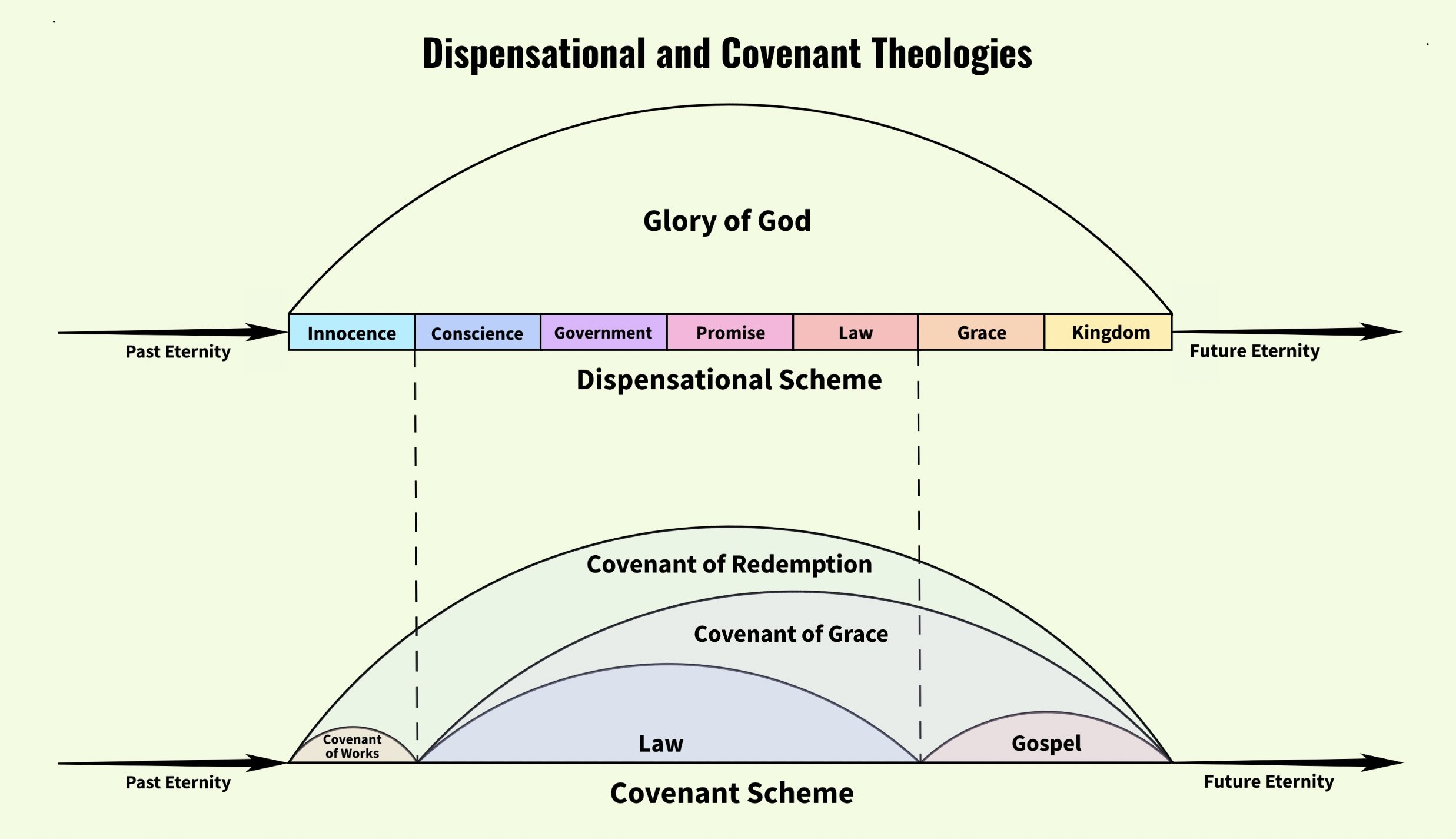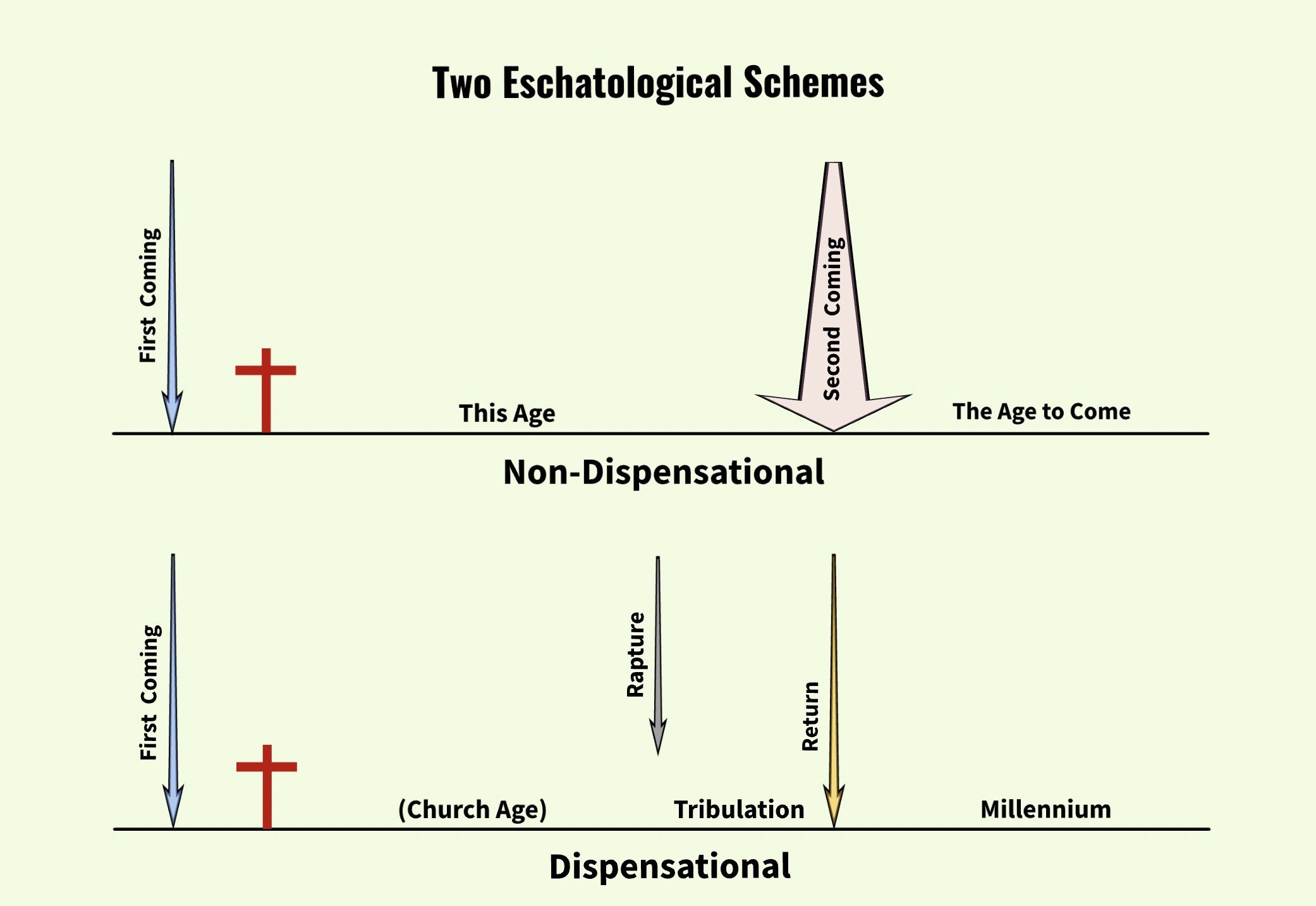
Hermeneutics may sound like a difficult subject, but it’s simply the science and art of biblical interpretation. The Bible is a complex book written by men who were divinely inspired by God. The goal for us in hermeneutics is to obtain the author/Author’s intended meaning.
Meditate, Pray, Obey, and Be Open
This first principle is foundational to applying the other biblical principles of interpretation. The more we meditate on Scripture, pray about the meaning, obey what we learn, and have an open mind about our preconceived opinions, the more we’ll be practicing good hermeneutics.
Assume the Clarity of Scripture
When you read the Bible, do you accept what it plainly says? Or do you try to get around any “uncomfortable” passages? Assuming the clarity of Scripture is the “common sense” principle of biblical interpretation. We accept that God meant His Word to be easily understood.
Stress the Priority of the Original Languages
The best way for us to study the Bible would be to read it in its original languages. Since most of us don’t know Hebrew, Greek, or Aramaic, we need to look at both the vocabulary and grammar of the original languages.
Look at the Literary Context
The media will often pull political quotes out of context these days. Unfortunately many Christians also pull Bible verses out of context by ignoring the surrounding verses of the passage. When people take Scriptures out of their contexts, the result may be dangerous.
Remember the Basic Unit of Scripture
When the New Testament writers originally wrote their books, the text wasn’t broken up into chapters and verses. The basic unit of Scripture is not a shortened passage — it’s the entire book! The structure, occasion, argument, and purpose of a book are all important in interpretation.
Let Scripture Interpret Scripture
We know that 1+1=2. It will never equal a different number. When we properly interpret any part of Scripture, it will never contradict any other Scripture. If we have two Scriptures that seem to contradict each other, our interpretation of one (or both) of these Scripture must be incorrect.
Avoid Confusion Between Truth and the Inspired Record
The characters and situations in Scripture are far from perfect. When we interpret the Bible, it’s important to distinguish between doctrine (truths that the Bible teaches) and the record (accounts of events that the Bible records). Even the most famous heroes of the Bible didn’t always make the best decisions or give truthful statements!
Never Determine Doctrine from an Illustration
Illustrations clarify biblical doctrine and are a great tool for learning, but we don’t determine doctrine by backtracking from an illustration. Going along with that, similar illustrations can be used to stress different teaching points.
Check Out the Historical and Cultural Background
The Bible was written over hundreds of years, in many different civilizations. When we understand the history and the culture of Bible times, we can more easily understand what the human author, and the divine Author, are seeking to communicate to us.
Aim for One Interpretation with Many Applications
To say that a verse “means something different for everyone” is bad hermeneutics. Sometimes it’s easy to confuse interpretation with application. A passage of Scripture may have many applications for different situations, but there’s only one correct interpretation.
Always Proceed from “Then” to “Now”
Much like studying historical background, understanding what a particular Scripture meant in its original setting guides us to proper applications for today. What did it mean to the original audience, and what does it mean to current-day Christians?
Be Careful About Spiritualization
To spiritualize Scripture is to find a spiritual “picture meaning” in the historical items seen in biblical text. This can be a good thing, but some biblical persons, places, or events are not divinely intended to be seen as spiritual pictures.
Allow for the Fuller Meaning of Scripture
Were the human authors of Scripture always aware of everything they were writing, or did divine inspiration sometimes allow them to write “over their heads”? Does a straightforward interpretation explain everything, or is there sometimes an expanded, or fuller, meaning to the text of Scripture?
Determine the Teaching Intention of the Author
In another “common sense” principle, the divine Author of Scripture, God the Holy Spirit, wants to communicate with us through the writings of the human authors. Whenever we interpret Scripture we should ask ourselves, “What did the author/Author intend to teach?”
Distinguish Between the Cultural and the Cross-Cultural
As we read the Bible, it’s normal to wonder, “what does this mean for me today?” It’s important to note that some Scripture was written only for people in Bible times. Other Scripture is written for readers in any timeframe, including modern-day believers.
Discern What’s More Critical and What’s Less Critical
It goes without saying that there are many different (and potentially controversial!) theological issues in Christian life. Christians can vary significantly in their views on certain things and still be unified as believers in the body of Christ. However, in crucial doctrinal areas, there can be little or no compromise. We need to discern what’s more critical and what’s less critical.
Recognize the Fact of Progressive Revelation
The Bible wasn’t written in one day. The full revelation of God’s truth communicated through Scripture has come gradually, with time. More Scripture is available for us today than for the people of God in the Old Testament. God has revealed His mind progressively throughout Scripture.
Comprehend the Biblical Covenants
We hear a lot about covenants in the Old Testament, and it may be a little confusing. A covenant is a formal, solemn, and binding agreement made by God with mankind. Gaining a good understanding of biblical covenants, and which ones still apply today, will affect our interpretation of Scripture.
Differentiate Between Israel and the Church
When did the Church begin? We believe the Bible indicates that the Church began at Pentecost, but some say it began in the Old Testament. Is the Church comprised of all God’s people throughout human history? Distinguishing between these views will affect our interpretation of Scripture.
Distinguish Between the Rapture and the Return
Although there are many novels and movies about the rapture, Christians still have differing views about the future and second coming of Christ. The different systems of end time events will affect our interpretation of these Scriptures.
Submit to the Hierarchy of Scripture
You may think it’s strange that some books of the Bible can be considered “subordinate” to other books of Scripture. Can some books actually be “more important” than others? Although it sounds odd, there is a hierarchy within Scripture!
Understand the Use of Language
We all learned about different figures of speech in school: similes, metaphors, idioms… etc. These, and other figures of speech, are also used in the Bible in both literal and figurative language. Recognizing the use of language helps us understand God’s message.
Highlight the Theme of Salvation
Although you can find an amazing amount of historical and archeological information in the Bible, that’s not the primary purpose of Scripture. The Bible was written to tell us about God and His wonderful plan of salvation for all people. It’s important to highlight this theme of salvation when we interpret Scripture.
Realize That Not All Truth Has Been Revealed
The goal of hermeneutics isn’t to speculate on what God has not revealed, but rather to interpret what He has revealed. God hasn’t revealed everything to us, so we shouldn’t go beyond Scripture trying to figure out something that God hasn’t revealed.
The Finite Cannot Completely Fathom the Infinite
You can teach a pet to do tricks, but there will always be a limit to what it can understand. In the same way, God has revealed some things that go beyond a human’s finite comprehension.
Beware of Preferences and Preconceptions
We usually gravitate to the teachings of our favorite author or speaker when forming our own spiritual opinions. It’s also hard to break away from the traditions of the church where we were raised. While these background sources may be helpful in our studies, we shouldn’t let our preconceptions affect our interpretations.
Watch Out for Preoccupations and Pet Peeves
People who are passionate about certain issues or topics will tend to view certain Scriptures in a different way than others. They may even “stretch” Bible verses beyond what is proper to advance their viewpoint. For good hermeneutics, we must be careful never to “bend” our interpretation of the Bible to fit our own agenda.
Respect the Insight of Other Christians
The New Testament teaches that all believers make up the body of Christ, and God has given every believer a spiritual gift to use to build up the rest of the body. All Christians need the insight and experience of other believers to help them interpret Scripture.
Consider the Historical Interpretations of the Texts
The majority of believers throughout history have held to certain interpretations. This doesn’t mean that all historical interpretations are correct, but understanding and respecting these viewpoints will help to guard us from inventing new and novel interpretations.





























